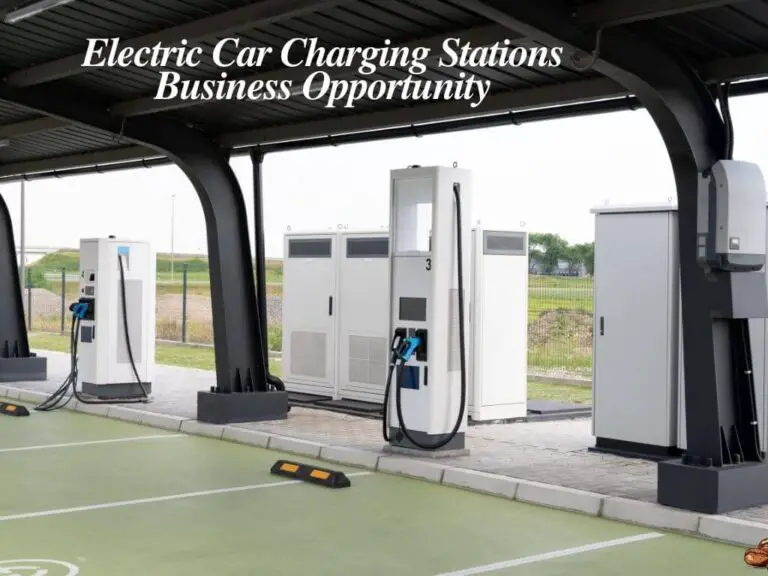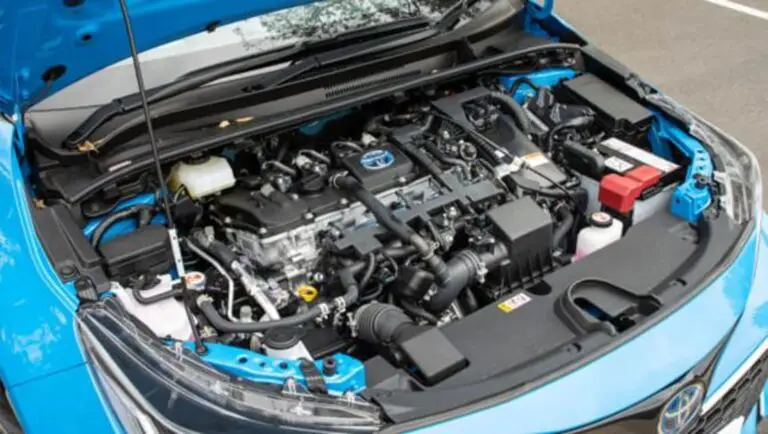In the ever-evolving landscape of automotive technology, few innovations have made as significant an impact as the electric car. With promises of zero emissions, reduced dependence on fossil fuels, and a quieter, smoother ride, electric vehicles (EVs) have captured the imagination of environmentally-conscious consumers and tech enthusiasts alike.
Yet, nestled within the sleek frames and futuristic designs lies a crucial component that often raises eyebrows and questions: the electric car battery. The heart of any EV, the battery is not only responsible for powering the vehicle but also plays a pivotal role in determining its overall cost.
So, if you’ve ever found yourself wondering, How much does an electric car battery cost? – you’re about to embark on an illuminating journey through the intricate world of EV technology and economics.
Get ready to uncover the electrifying truth behind the price tag of the power that fuels the future of transportation.
Understanding Electric Car Batteries
Discover the driving force behind electric vehicles in our guide on Electric Car Batteries. Uncover the technology propelling us toward sustainable transportation.
The Heart of Green Mobility: Electric Car Batteries
In the realm of modern transportation, a revolutionary force is silently propelling us towards a cleaner and more sustainable future: the electric car battery. Picture it as the beating heart of every electric vehicle (EV), tirelessly storing and releasing energy to fuel our journeys, all without a drop of gasoline.
From Combustion to Current: The Battery-Powered Shift
Before we delve into the complexities of EV batteries, let’s revisit the traditional internal combustion engine (ICE) setup. Conventional vehicles rely on burning fossil fuels to create controlled explosions, setting in motion a series of events that ultimately move the vehicle.
Now, fast forward to the age of EVs. These innovative machines skip the combustion stage and instead employ electric motors, energized by none other than batteries. This switch from fossil fuels to electricity is a monumental leap towards slashing emissions and breaking free from our dependence on non-renewable resources.
Decoding the Cost Factors: Capacity and Energy Density
So, what exactly sets these EV batteries apart and influences their price tags? There are two key players in this equation: capacity and energy density. Imagine capacity as the reservoir of energy within a battery. Simply put, the more energy it can hold, the farther your EV can travel on a single charge.
Energy density, on the other hand, measures how efficiently energy is packed within the battery’s volume or weight. A higher energy density signifies more power tucked into a compact package.
These two factors have a direct impact on the cost of an electric car battery. As capacity and energy density climb, the battery transforms into a more sophisticated and efficient powerhouse, inevitably nudging up its price.
In the backdrop, manufacturers are engaged in an unending quest to push technological boundaries, striving to enhance these factors and bring EVs into the mainstream with a more appealing price tag.
Fueling the Future: Electric Car Batteries Unleashed
In essence, electric car batteries stand as the unsung heroes driving the EV revolution forward. They are the pulsating core of these vehicles, not only dictating their cost but also wielding the power to extend driving ranges and empower the next generation of electric transportation.
The next time you plug in your EV, take a moment to appreciate the ingenuity of battery technology, fueling a movement that promises to reshape the way we move, one charge at a time.
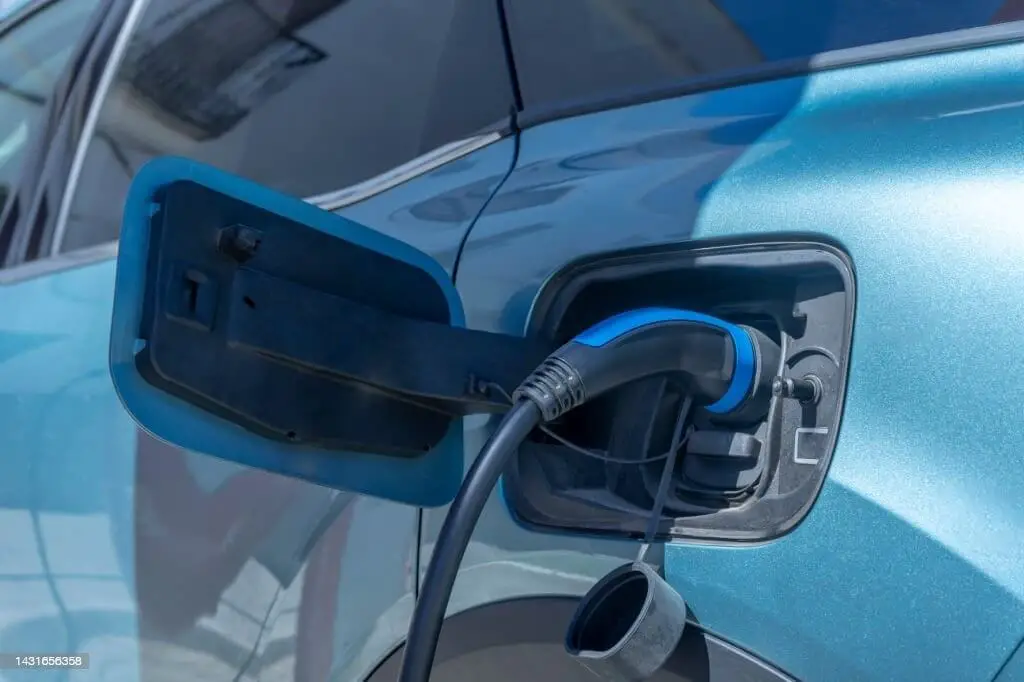
How Much Does an Electric Car Battery Cost? Factors Influencing
In the electrifying realm of electric vehicles (EVs), the spotlight often falls on the heart of these eco-friendly wonders: the battery. The cost of electric car batteries is a driving force behind the affordability and widespread adoption of EVs.
Behind the scenes, several factors work in harmony to shape the price tags attached to these energy-packed powerhouses. Join us as we delve into the intricate world of electric car battery costs and explore the captivating interplay of technology, innovation, and sustainable transportation.
Battery Chemistry and Materials
- Lithium-Ion Batteries: These established powerhouses are the go-to choice for most EVs. Their proven reliability, energy density, and cycle life make them a staple in the industry.
- Solid-State Batteries: Representing the future of energy storage, solid-state batteries are still in the experimental phase. They offer higher energy density, quicker charging, and enhanced safety, but current production costs are relatively higher due to ongoing research.
- Materials Matter: The components within batteries – cathodes, anodes, electrolytes, and separators – directly affect performance and cost. Advances in material science could pave the way for cheaper, more efficient batteries.
Energy Density and Range
- Power in Density: Battery energy density, measured in energy per unit volume or weight, is a key factor in determining how far an EV can travel on a single charge. Balancing higher energy density with affordability is crucial for making EVs practical for everyday consumers.
- Finding Equilibrium: While high energy density batteries offer impressive range, the inclusion of advanced materials can drive up production costs. Striking a balance between range and cost is pivotal for EV market penetration.
Research and Development
- The Driving Force: Continuous research and innovation in battery technology are catalysts for cost reduction. Novel materials, improved manufacturing techniques, and innovative designs all contribute to the evolution of batteries.
- Pioneering the Future: Breakthroughs such as more efficient electrode materials and streamlined manufacturing processes could reshape the industry. Innovations like solid-state batteries have the potential to revolutionize EVs, making them safer, cheaper, and more accessible.
Scale of Production
- The Magic of Scale: Increasing production volumes result in lower costs per unit, thanks to economies of scale. Fixed costs get spread out, leading to cost reductions.
- Growing Demand: As the appetite for EVs grows and automakers ramp up production, the scale of battery manufacturing expands. This surge in demand and production is expected to drive down costs in the long run.
In the grand symphony of electric car battery costs, diverse factors harmonize to create the price landscape. Battery chemistry, materials, energy density, research and development, and the scale of production all contribute their notes to the melody.
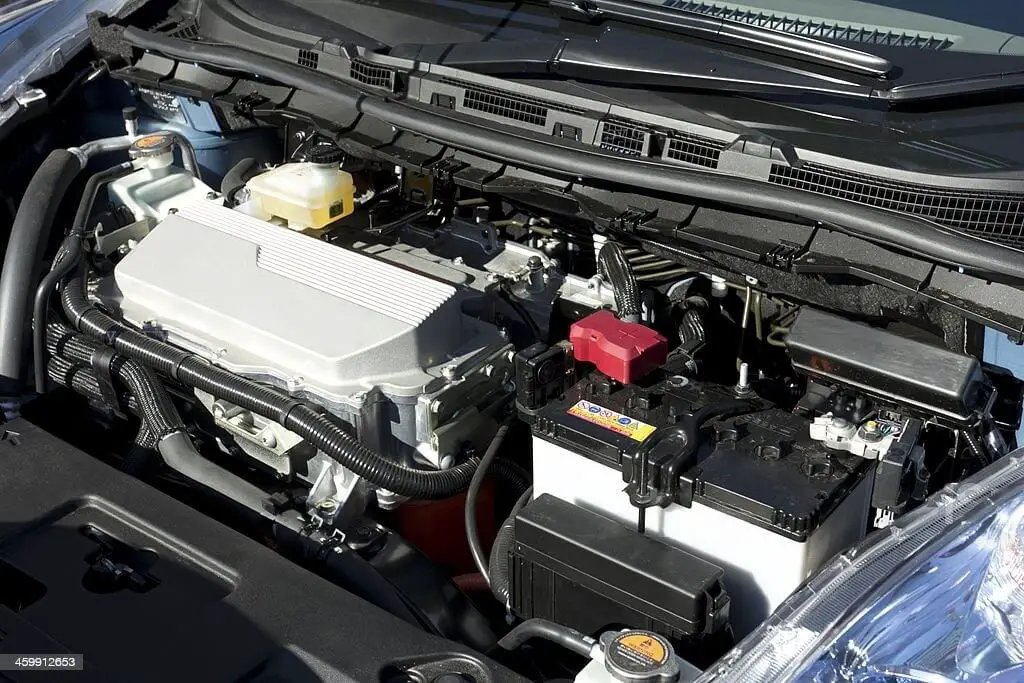
The Cost Breakdown of Electric Car Batteries
Electric vehicles (EVs) have surged in popularity due to their environmental benefits and impressive performance. However, beneath the sleek exteriors and cutting-edge technology lies a critical component that significantly influences both the vehicle’s performance and its cost: the electric car battery. This breakdown explores the intricate layers of EV battery costs, covering raw materials, manufacturing processes, battery lifespan, and degradation.
Raw Materials
- Lithium: At the core of almost every modern EV battery is lithium, a lightweight and highly reactive element. Lithium-ion batteries dominate the market due to their high energy density and long cycle life. Fluctuations in lithium prices are influenced by factors like mining capacity, geopolitical tensions, and demand from various industries.
- Cobalt: Cobalt’s role in lithium-ion batteries is vital for stability and performance. Over 60% of global cobalt production originates from the politically unstable Democratic Republic of Congo, leading to supply chain uncertainties and ethical concerns.
- Nickel: Another essential component, nickel contributes to battery capacity and energy density. The industry is shifting towards nickel-rich cathodes to enhance performance and decrease cobalt dependence. However, nickel extraction can have environmental consequences, and its price volatility impacts the cost structure of EV batteries.
Manufacturing Processes
- Cathode and Anode Preparation: Raw materials like lithium, cobalt, and nickel are transformed into cathode and anode materials through chemical processes.
- Cell Assembly: Multiple layers of cathode, anode, and separators are assembled to form a cell. This process requires precision to maintain safety and performance.
- Cell Stacking: Individual cells are connected in series and parallel to achieve the desired voltage and capacity for the battery pack.
- Battery Management System (BMS): An intelligent BMS monitors and manages cell performance, balancing charging and discharging to prevent overcharging or overheating.
- Automation and Technological Improvements: Automation and technological advancements play a pivotal role in managing EV battery production costs. Innovations like solid-state batteries promise enhanced energy density and longevity.
Battery Lifespan and Degradation
- Lifespan: A typical EV battery can last for several years, but its capacity gradually diminishes over time due to factors like charge-discharge cycles, temperature variations, and usage patterns.
- Degradation: Battery management systems carefully regulate charging and discharging to combat degradation, extending battery life and maintaining performance.
Warranties and Battery Management Systems
- Given the intricate interplay of factors affecting battery lifespan, manufacturers provide warranties to assure buyers of a certain performance threshold over a specified period.
- Battery management systems, through continuous monitoring and adaptive control, mitigate degradation and extend battery life.
The cost breakdown of electric car batteries is a multifaceted tapestry of raw materials, manufacturing intricacies, and performance factors. The future holds exciting potential for cost reduction through advancements in automation, technological innovation, and sustainable materials sourcing.
As the EV landscape evolves, understanding these intricacies empowers consumers and industry stakeholders alike to make informed decisions about the sustainable mobility of tomorrow.
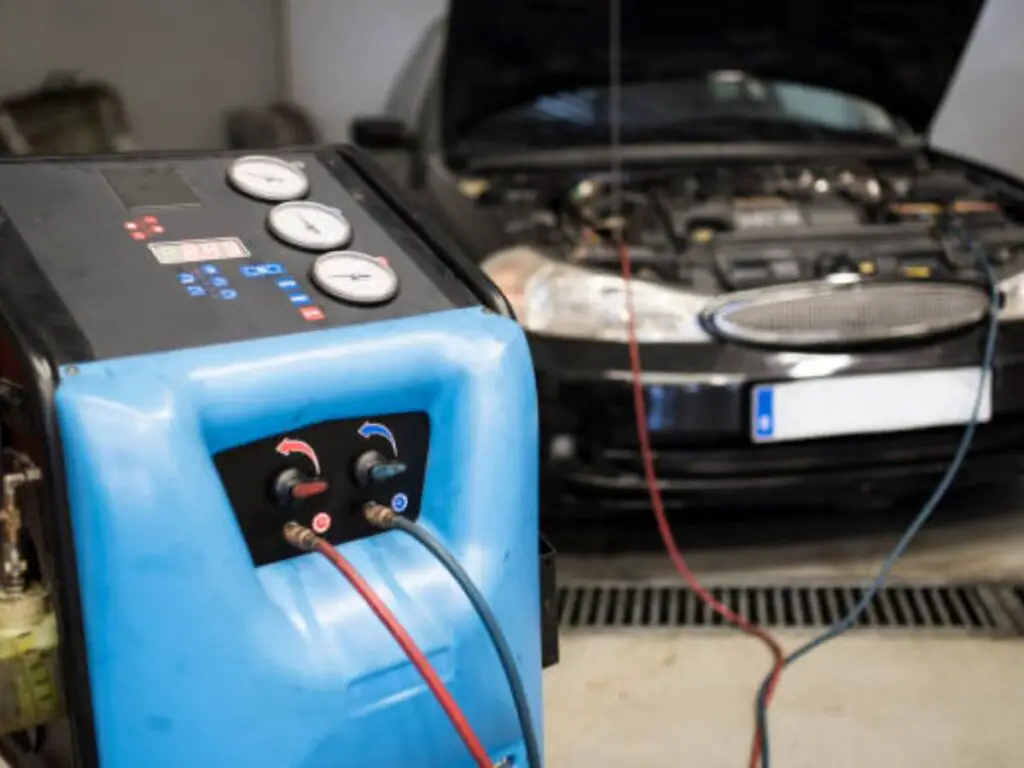
Unveiling the Evolution: Electric Car Battery Costs Unraveled
Electric vehicles (EVs) have rapidly become the poster child of eco-conscious transportation, but what’s often left in the shadows is the pivotal role of battery costs. In this electrifying journey, we’ll delve into the world of EV battery economics, exploring how giants like Tesla and pioneers like Nissan have paved the way for a cleaner, more affordable automotive future. So buckle up, because we’re about to demystify the electrifying numbers behind the scenes.
Tesla Model 3
The Tesla Model 3 is more than just sleek design and Ludicrous Mode—it’s a testament to Tesla’s groundbreaking battery prowess. Dive into the nitty-gritty of how battery costs shape the EV landscape:
- Battery Alchemy: Unveil the magic of lithium-ion cells, the beating heart of Tesla’s battery innovation. Understand how Tesla’s unique cylindrical design not only crams in more energy but also cuts down on size, contributing to cost efficiency.
- Driving the Cost Down: Peel back the layers of Tesla’s strategic approach to reducing battery costs, from economies of scale at Giga factories to cutting-edge vertical integration and innovative manufacturing processes.
- Road to Affordability: Discover how Tesla’s relentless pursuit of technological advancements and battery recycling has paved the way for making electric vehicles like the Model 3 a viable option for a wider spectrum of drivers.
The Nissan Leaf
Chart the evolution of the Nissan Leaf, a trailblazer in the electric vehicle arena. Delve into the intricacies of how battery costs have shaped its identity:
- The Leaf’s Leaf: Take a stroll through the changing landscape of battery pack sizes in different Leaf models and see how it’s impacted both cost and driving range.
- Comparative Chronicles: Draw a comparison between the Leaf’s battery cost and those of similar-priced EVs. Unearth the delicate balance between range and cost, and how battery technology, brand reputation, and charging infrastructure play a part.
Peering into Tomorrow
Fasten your seatbelts as we venture into the realm of predictions and emerging trends, where electric car battery costs are destined to redefine the auto industry:
- Costs in Freefall: Buckle up for a journey into the future where battery costs are in a nosedive. Explore how advancements in technology, economies of scale, and manufacturing innovation are poised to transform EVs from luxury to everyday necessity.
- The Rise of Titans: Uncover the potential of solid-state batteries and advanced materials in reshaping the EV landscape. Witness how these technological breakthroughs could lead to longer ranges, faster charging, and more accessible electric vehicles.
- Charging Revolution: Get a sneak peek into the wireless charging revolution, which could revolutionize the way EVs are powered up. Imagine the convenience of simply parking over a charging pad without needing to plug in.
Igniting Change: A Greener, More Affordable Horizon
Buckle up for a thrilling ride toward a greener, more affordable future, fueled by the transformative power of reduced electric car battery costs:
- Elevating Accessibility: See how plummeting battery costs make EVs accessible to a broader range of consumers, propelling the transition from traditional gas-guzzlers to eco-friendly alternatives.
- Economical Empowerment: Discover how lower battery costs translate to a reduced total cost of ownership for EV drivers. Unveil the financial benefits that come with choosing electric over gasoline.
- Juicing Up Infrastructure: Witness the knock-on effect of lower battery costs on charging infrastructure. Explore how the abundance of resources can breathe life into charging networks, putting range anxiety to rest.
So there you have it, a dynamic journey through the electrifying world of electric car battery costs. As battery technology evolves and costs plummet, the road ahead is lined with greener, more accessible transportation options.
From Tesla’s pioneering strategies to Nissan’s innovative adaptations, the automotive landscape is undergoing a seismic shift toward a more sustainable future. Buckle up, because the wheels of change are in motion, and they’re electric.
FAQ’s
How much does it cost to replace the battery in an electric car?
The cost to replace an electric car battery varies widely based on the make and model, ranging from $5,000 to $30,000 or more. Factors include battery capacity, technology, and manufacturer. Some manufacturers offer warranties covering battery replacements for a certain period. It’s essential to research and consider potential expenses when owning an electric vehicle.
How much is a Tesla battery?
Tesla battery costs depend on the model and capacity. As of my last update in September 2021, the price ranges from approximately $7,000 to $20,000. However, these figures can vary due to different battery sizes, technology, and any updates since then. It’s recommended to check Tesla’s official website or contact their sales team for the most current pricing information.
What is the lifespan of an electric car battery?
The lifespan of an electric car battery varies but generally lasts around 8 to 15 years, depending on factors like usage, temperature, and battery management systems. Most manufacturers offer warranties covering a certain number of years or miles to ensure performance. Over time, battery capacity may degrade, affecting driving range. Regular maintenance and proper charging habits can help extend the battery’s life.
How much does it cost to replace the battery in a Chevy Bolt?
As of my last update in September 2021, the cost to replace the battery in a Chevy Bolt was approximately $15,000 to $20,000. However, prices can vary based on factors like model year, location, and any updates since then. To get the most accurate and current information, it’s advisable to consult Chevrolet or authorized dealers for the latest pricing details on battery replacements for the Chevy Bolt.
Final Thought
The question “How Much Does an Electric Car Battery Cost” embodies more than just a monetary concern; it represents a pivotal step toward a sustainable future. As technology advances and economies of scale come into play, electric car battery costs are steadily declining, making electric vehicles increasingly accessible to a broader audience. The transition to electric mobility holds the promise of cleaner air, reduced greenhouse gas emissions, and a break from our dependency on fossil fuels.
While the upfront price of an electric car battery remains a factor to consider, it’s essential to evaluate the long-term savings on fuel and maintenance. As charging infrastructure expands and governments offer incentives, the initial investment becomes a stepping stone to both financial and environmental benefits.
So, if you’re wondering “How Much Does an Electric Car Battery Cost,” remember that the cost encompasses not only dollars but also a cleaner, greener world for generations to come. Embrace the change and drive into a future of sustainability.

